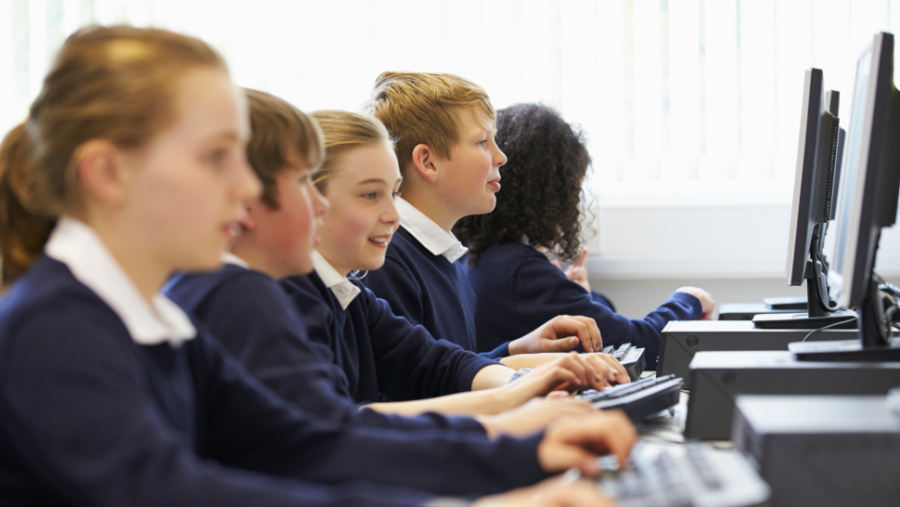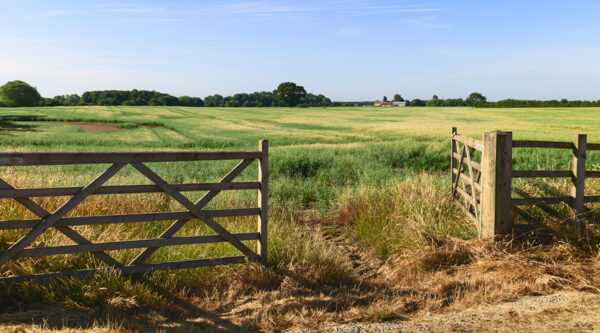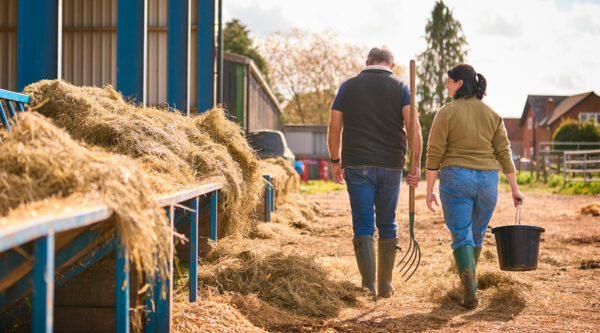

Filtering and monitoring in schools
The latest update to the statutory guidance Keeping Children Safe in Education 2023 (‘KCSIE 2023’), which is in draft form at the time of writing, has seen a focus placed on the issue of filtering and monitoring in schools. It is anticipated that only minimal changes will be made to the final version of KCSIE 2023 due to be published in September 2023.
KCSIE 2023 now includes reference to the DfE’s filtering and monitoring standards. The standards, which were published on 29 March 2023, are intended to support schools meet their duty to have appropriate/effective filtering and monitoring systems in place. Schools should refer to the requirement to meet these standards when updating their online safety policies.
To meet these standards schools must:
1.Identify and assign roles and responsibilities to manage their filtering and monitoring systems. Schools should identify and assign a member of the senior leadership team and a governor to be responsible for ensuring the standards are met. Senior leaders should work closely with governors or proprietors, the designated safeguarding lead (DSL) and IT service providers in all aspects of filtering and monitoring. Schools may need to consider arranging specific systems training and support with their filtering or monitoring providers.
2.Review their filtering and monitoring provision at least annually. Governing bodies and proprietors have overall strategic responsibility for meeting the duty to have appropriate/effective filtering and monitoring systems in place. Schools should make sure that their filtering and monitoring provision is reviewed at least annually. The review should be conducted by the responsible governor, a member of the senior leadership team, the DSL, and the IT service provider (if appropriate).
3.Ensure their filtering system blocks harmful and inappropriate content without unreasonably impacting teaching and learning. An active and well managed filtering system is an important part of providing a safe environment for pupils to learn. An effective filtering system needs to block internet access to harmful sites and inappropriate content. However, it should not:
-
-
- Unreasonably impact teaching and learning or school administration
- Restrict students from learning how to assess and manage risk themselves.
-
Schools need to understand the coverage of their filtering systems and be aware of any limitations it has. This will enable schools to mitigate accordingly to minimise potential harm and meet their statutory requirements under KCSIE 2023 and the Prevent duty.
4.Implement effective monitoring strategies that meet the safeguarding needs of your school. Monitoring school devices allows you to review user activity. For monitoring to be effective it must pick up incidents urgently, usually through alerts or observations, allowing you to take prompt action and record the outcome. Monitoring strategies may include:
-
-
- Physically monitoring by staff watching screens of users
- Live supervision by staff on a console with device management software
- Network monitoring using log files of internet traffic and web access
- Individual device monitoring through software or third-party services.
-
Schools should ensure that any monitoring data is received in a format that staff can understand and that users are identifiable, so concerns can be traced back to an individual, including guest accounts. It is important to be able to identify individuals who might be trying to access unsuitable or illegal material so they can be supported by appropriate staff. The DSL should take lead responsibility for responding to any safeguarding and child protection matters that are picked up through monitoring.
Filtering and monitoring training
KCSIE 2023 makes it clear that governing bodies and proprietors should ensure that all staff receive appropriate online safety training, which includes an understanding of the expectations, applicable roles and responsibilities in relation to filtering and monitoring, at induction. This training should be regularly updated and refreshed.
Although there is no specific definition of ‘staff’ within KCSIE 2023 and there is no direct mention to governor training on filtering and monitoring within paragraph 81 of KCSIE 2023 (which deals with the training that governing bodies and proprietors should receive on induction), it is clear that training for such individuals should equip them with the knowledge to provide strategic challenge to test and assure themselves that the safeguarding policies and procedures in place in schools are effective and support the delivery of a robust whole school approach to safeguarding.
As such, we are of the view that governors and trustees should also receive online safety training at induction which includes an understanding of the expectations, applicable roles, and responsibilities in relation to filtering and monitoring.
Should schools be offering 24/7 filtering and monitoring of pupil devices?
We are aware that some schools are choosing to install filtering and monitoring applications onto devices that pupils bring into school for learning, either school owned devices which can be taken home, or devices owned by the parents. The recent increase in schools offering 24/7 filtering and monitoring of pupil devices raises the question as to whether monitoring of pupil devices, to such an extent, is reasonable and compliant.
Whilst it is essential that governing bodies and proprietors ensure that appropriate filtering and monitoring systems are in place, they should be careful that this does not lead to unreasonable restrictions on pupils’ ability to assess and manage risks themselves.
When offering monitoring on a 24/7 basis schools must also consider if there is any potential liability in a situation that a monitoring alert is received out of school hours. For example, in a situation that an alert is received during the night that a pupil had accessed a website with harmful content. Although this information would be readily available to school from the time the alert was received it would likely not be reviewed for some hours.
Whilst we are not aware of any instance where a school has been held liable for a breach of their duty of care on this basis, it is important that schools are clear with parents when monitoring of devices will take place and how alerts of this nature, received ‘out of hours,’ will be dealt with.
Although we do not consider it necessary for schools to have 24/7 monitoring software in place, if schools opt to offer this level of monitoring it must be clearly communicated to parents that the school would not be held liable for a pupil’s actions if any monitoring alerts are not reviewed straightaway.
That said, boarding schools should consider additional measures to safeguard pupils at risk of, for instance, accessing harmful or illegal online content. Such measures could include 24/7 monitoring and filtering. Any filtering and monitoring systems in place should protect boarding pupils from accessing inappropriate or potentially harmful sites on school Wi-Fi and possibly on pupil devices/internet connections where this software has been used.
What does this mean for schools?
With this in mind, schools should review their Child Protection and Safeguarding Policy to ensure that it provides that:
- All staff and governors will receive online safety training which includes “an understanding of the expectations, applicable roles, and responsibilities in relation to filtering and monitoring” at induction.
- The DSL will take lead responsibility for online safety and understanding the filtering and monitoring systems and processes Schools have in place.
- Schools will ensure compliance with the DfE’s ‘filtering and monitoring standards for schools’.
Schools should consider this advice alongside the other KCSIE 2023 key changes included in the draft publication. We have prepared a separate note setting out these changes that can be viewed here.
We have also prepared a separate note on another key change under KCSIE 2023 relating to the ‘Use of school premises for non-school activities’.










